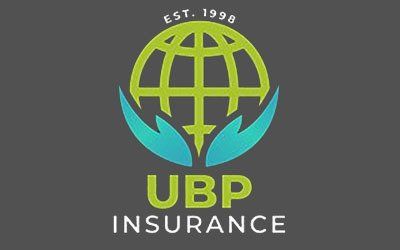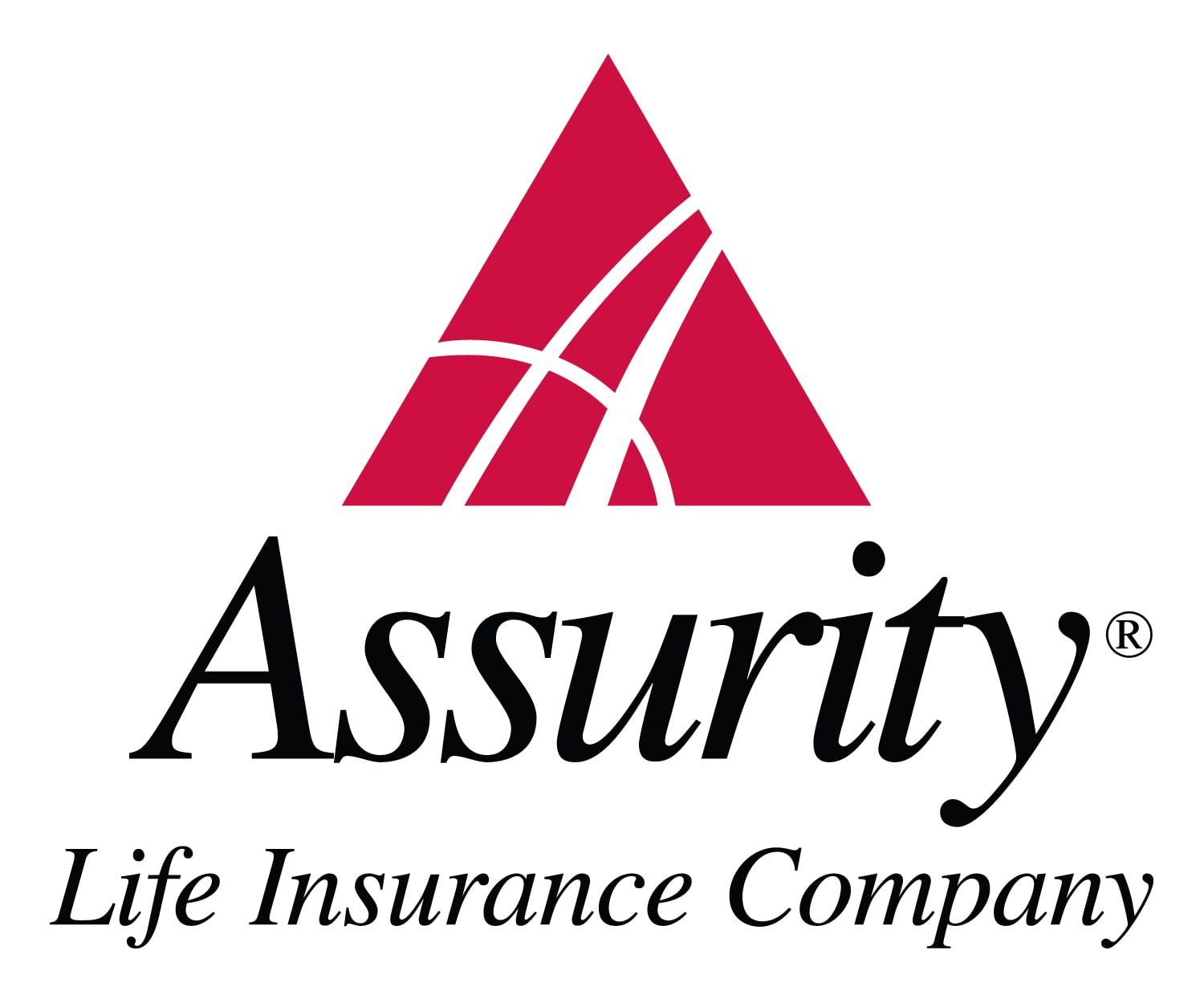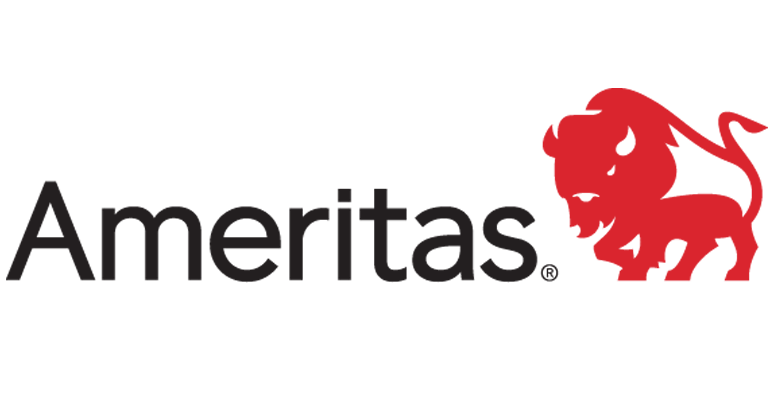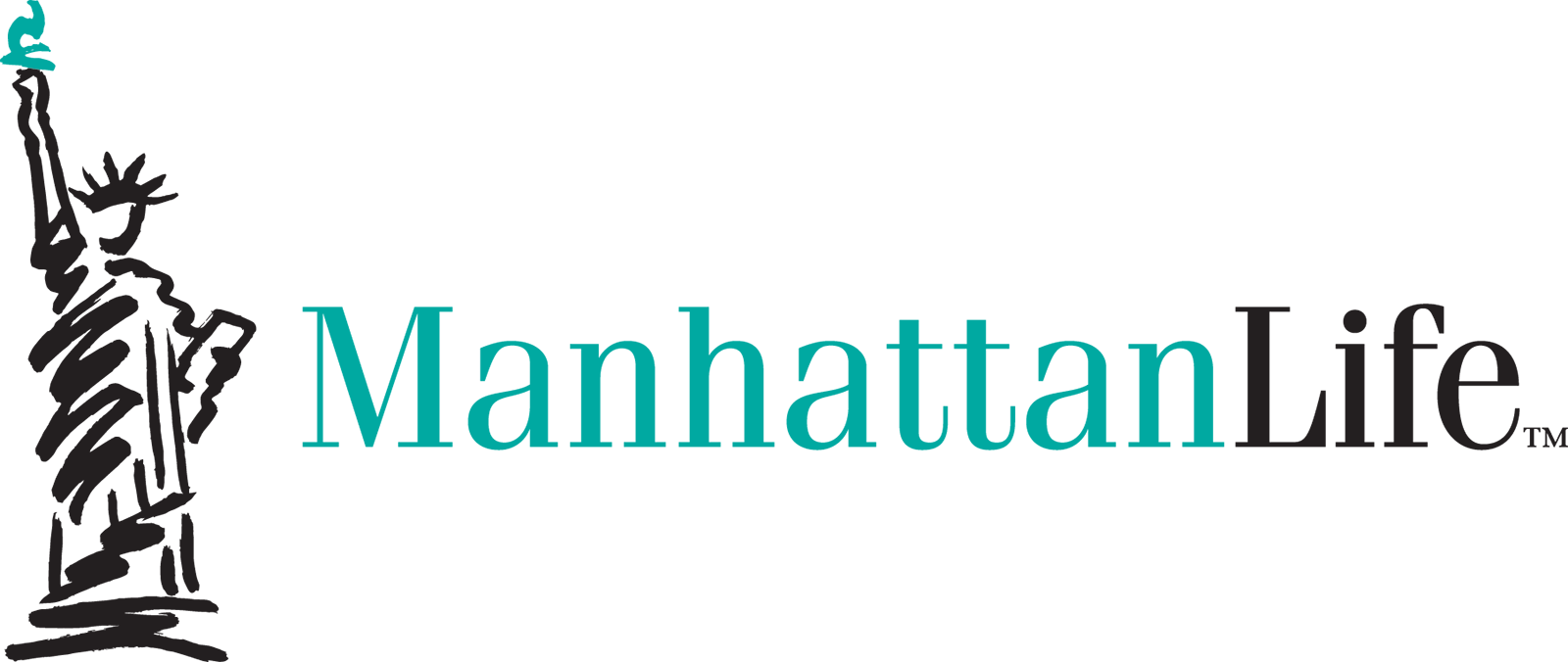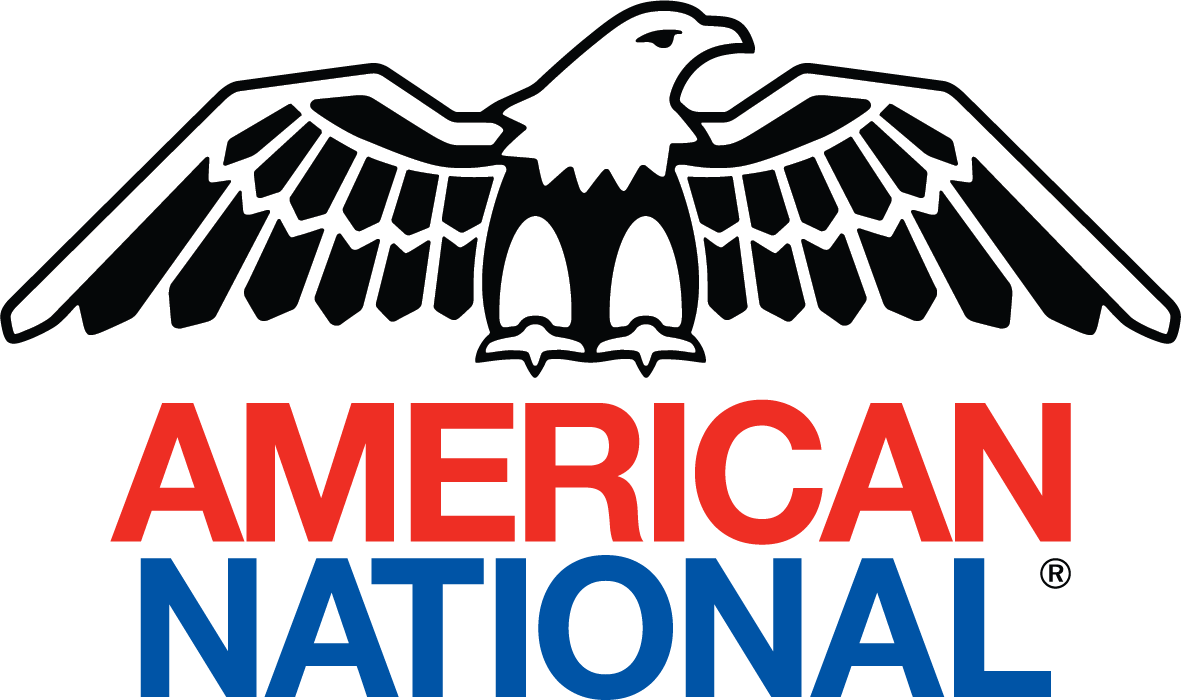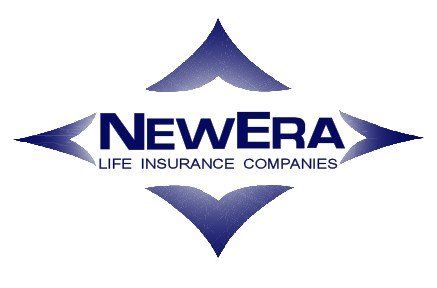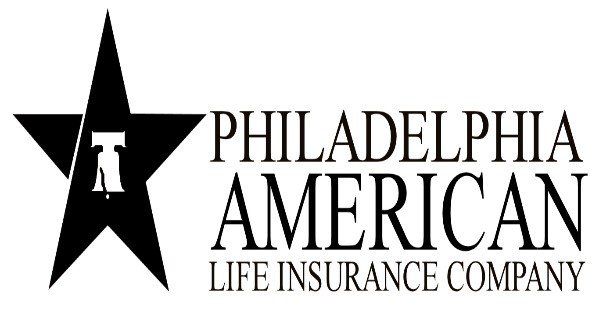Medicare Coverage
UBP Insurance is here to help you understand Medicare options, eligibility, and what all it covers. Medicare, is a Government sponsored health coverage that requires certain eligibility, such as; being over 65 years of age, or having certain disabilities and/or diseases. To find out if Medicare is for you, call (469) 439-1196.

Slide title
Write your caption hereButton
Medicare FAQs
- What are Medicare Parts A and B?
Medicare is a federal health insurance program for people 65 years or older and for certain younger people with disabilities, and people with End-Stage Renal Disease (ESRD). You are automatically enrolled in Medicare hospital insurance (Part A) when you apply for Social Security benefits – usually upon reaching 65 years of age. Part A covers inpatient care in a hospital or a skilled nursing facility, and hospice. Part A also covers services like lab tests, surgery, doctor visits and home health care. Part B covers physician and other health care providers’ services, outpatient care, durable medical equipment and some preventive services.
Medicare pays for many healthcare services and supplies, but it doesn’t cover all of your healthcare costs. For example, you pay a deductible for each hospital stay and coinsurance anytime you use the services of a physician or surgeon. Also, drug coverage is limited. Because Medicare rarely pays the full cost of covered services, you may want to consider a Medicare Advantage or Medicare Supplement insurance plan.
- What is Medicare Prescription Drug (Part D) Plan?
A Medicare Prescription Drug Plan (sometimes called PDP) adds drug coverage to Original Medicare and some Medicare Cost Plans, some Medicare Private Fee-for Service (PFFS) Plans, and Medicare Medical Account (MSA) Plans. Each Medicare Prescription Drug Plan has its own list of covered drugs (called a formulary). Many Medicare drug plans place drugs into different “tiers” on their formularies. Drugs in each tier have a different cost. Medicare prescription drug coverage provides protection for people who have very high drug costs or from unexpected prescription drug bills in the future.
- What is Medicare Supplement Insurance Plan?
A Medicare Supplement Insurance plan (Medigap) can help cover some of the costs that are left unpaid after Medicare Parts A and B pay their portion of your healthcare expenses. Unlike a Medicare Advantage plan, which is an alternative to your Medicare Part A and B benefits, a Medicare Supplement Insurance plan is purchased in addition to your Medicare Part A and B benefits.
Medicare Supplement policies are standardized into 10 plans – labeled “A” through “N”, each with its own set of benefits. All policies offer the same basic benefits but some offer additional benefits.
Medicare Supplement Insurance policies are sold by private insurance companies. While the costs of these policies may vary, individual insurance companies must provide the same standardized benefits. Some companies may offer additional benefits. To purchase a policy, in general you must be enrolled in Medicare Part A and Part B. In addition to paying the monthly Medicare Part B premium, you will have to pay a premium to the insurance company providing your Medicare Supplement coverage.
- What is the Difference Between Medicare Parts A and B and Medicare Prescription Drug Coverage?
Medicare covers hospital costs under Part A and medical costs like doctor’s office visits under Part B. Medicare Part D provides benefits for prescription drugs obtained at a pharmacy – a growing part of many peoples’ healthcare budgets.
Prescription drug plan coverage differs from Medicare in two ways: (1) It is available only through private insurance companies and (2) you should use in-network pharmacies to take full advantage of your coverage.

